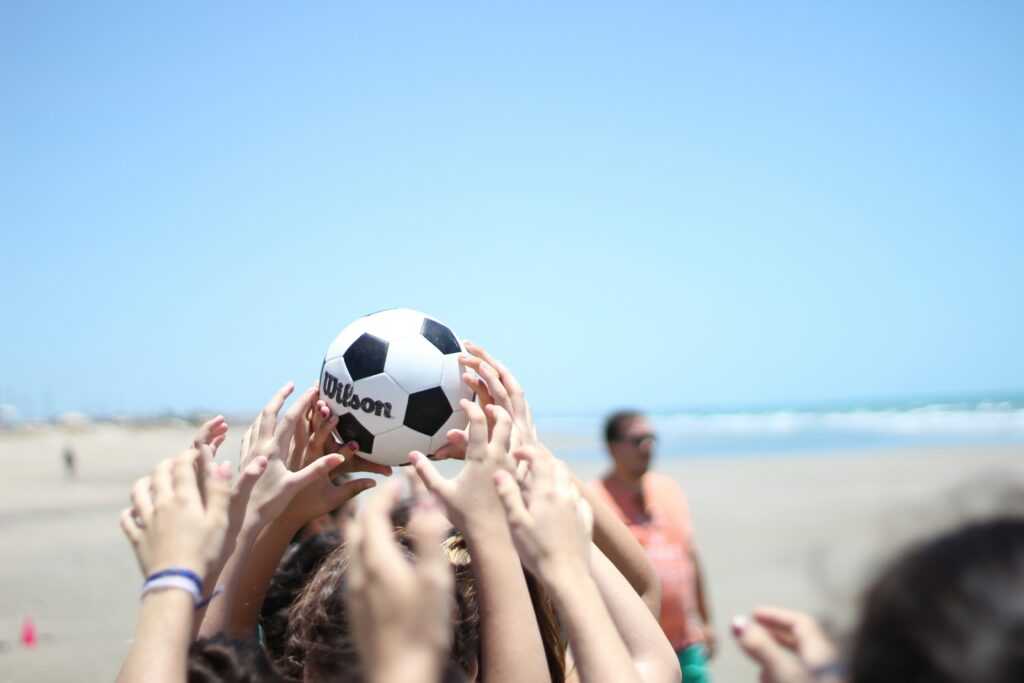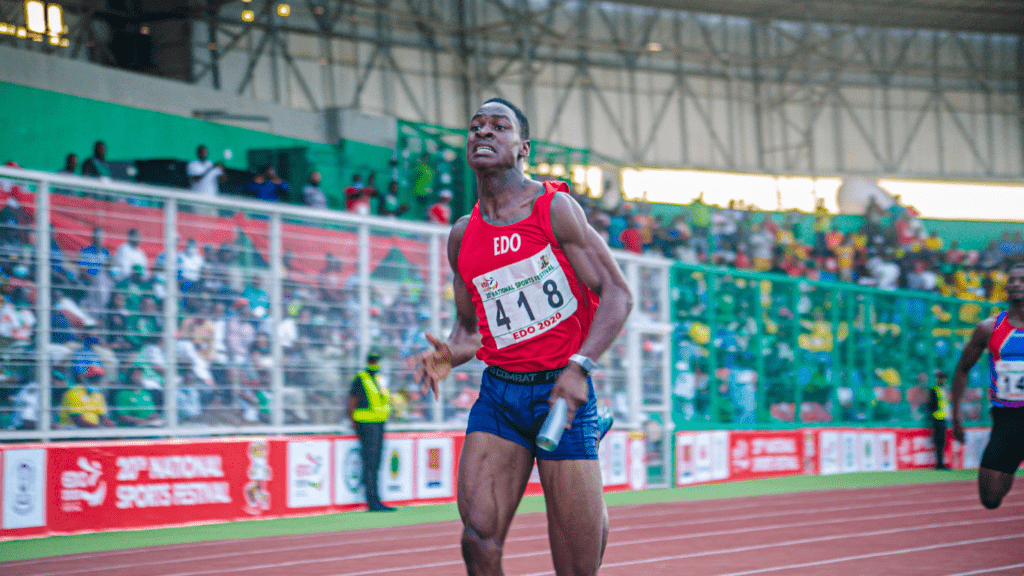The Significance of the Olympic Games
The Olympic Games stand as a premier international sporting event, bringing together athletes from over 200 nations. These games embody excellence in athletic performance and foster global unity and cultural exchange. Every two years, alternating between Summer and Winter Games, the Olympics draw billions of viewers and elevate the host cities to the global stage.
Historical Roots: The modern Olympics, revived in 1896 by Pierre de Coubertin, trace their origins to ancient Greece around 776 B.C. These early games celebrated physical prowess and honored the gods. Today, they continue to embrace the core values of friendship, respect, and excellence.
Economic Impact: Hosting the Olympics presents significant economic opportunities. Cities invest in infrastructure, tourism increases, and job creation surges. For example, the 2012 London Olympics generated approximately $5.2 billion in revenue and prompted substantial urban development.
Cultural Festival: Beyond sporting events, the Olympics serve as a cultural festival. The opening and closing ceremonies offer spectacular displays of artistry and heritage, reflecting the host nation’s identity. Additionally, the Olympic Village facilitates cultural exchange among athletes from diverse backgrounds.
Social Influence: The Olympics wield considerable social influence. Initiatives like the Olympic Truce promote peace and diplomacy. The games also inspire youth participation in sports, exemplified by programs like the Youth Olympic Games, which aim to develop future sports leaders.
The Olympic Games’ significance extends beyond athletic competition. They impact host cities economically, culturally, and socially, promoting unity and inspiring generations worldwide.
Choosing the Right Host City
Selecting the perfect host city for your Olympic trip enhances your overall experience, reducing travel stress while maximizing enjoyment.
Comparing Host Cities
- Evaluate host cities by considering various factors. Look at previous infrastructure investments; cities with extensive sports facilities may offer better logistics. Tokyo, site of the 2021 Olympics, invested heavily in transport, reducing travel times between venues.
- Analyze cultural amenities available in each city. Cities like Paris, scheduled for 2024, boast rich historical sites and museums, enriching your visit beyond sports.
- Review climate patterns to ensure comfort. For instance, Rio de Janeiro’s 2016 Olympics had favorable weather conditions that suited many outdoor events.
- Examine safety records and political stability. Prioritize cities with a reputation for hospitality and security, such as Sydney during the 2000 Olympics.
Best Time to Visit
- Plan your trip according to the Olympic event schedule. Traveling a few days before the opening ceremony ensures better acclimatization and ticket availability.
- Consider seasonal tourist influx. Visiting during early weeks of the games, as I did in London 2012, usually offers fewer crowds and shorter wait times at popular attractions.
- Assess local annual events coinciding with the Olympics. Host cities often blend cultural festivals with the games, offering unique experiences, like the Kyoto Gion Festival during Tokyo 2021.
- Research off-peak travel dates. For those seeking budget-friendly options, flying mid-week usually offers lower airfares.
Travel Preparations

Planning an Olympic trip involves several crucial steps. Preparation ensures a smoother experience during this global event.
Booking Flights and Accommodations
Booking flights and accommodations early is crucial. Flights to the host city can fill up quickly, especially closer to the event dates. I recommend using comparison websites like Skyscanner or Google Flights to find the best deals. Secure accommodations months in advance, as hotels near event venues tend to book up fast. Consider alternatives like Airbnb, hostels, or vacation rentals for more cost-effective options.
Visa Requirements and Travel Insurance
Check visa requirements for the host country well ahead of your departure. Some countries impose lengthy processing times for visa applications. Visit the host nation’s official embassy website for up-to-date information. Travel insurance is essential to safeguard against unexpected events like flight cancellations, medical emergencies, or lost baggage. Look for policies that offer comprehensive coverage specific to your travel needs.
Understanding the Event Schedule
Understanding the Olympic event schedule is crucial for planning your trip efficiently.
Key Events to Attend
Identifying key events enhances your Olympic experience. The opening and closing ceremonies are must-see, representing the spirit and culture of the host nation. Additionally, prioritize iconic sports like athletics, swimming, and gymnastics, which often feature high-profile athletes and memorable moments. Finally, consider attending events where your favorite athletes or teams compete.
Purchasing Tickets
Purchasing tickets early is essential to secure your spot at popular events. Ticket sales start months before the games, with options varying from single-session tickets to full-event passes. Official Olympic websites and authorized ticket resellers are reliable sources. Additionally, subscribing to newsletters from official channels keeps you updated on sale timelines and exclusive offers. Use secure payment methods to avoid scams and ensure your transactions are protected.
Exploring Beyond the Olympics
While attending the Olympics is the main highlight, it’s equally rewarding to explore beyond the event. This offers a richer experience of the host city and its unique offerings.
Local Attractions
Every Olympic host city boasts numerous local attractions. Visiting landmarks is a great way to make the most of your trip. In Tokyo, the Meiji Shrine and Tokyo Tower are must-sees. These spots offer a glimpse into the city’s history and modern charm. In Paris, travelers can enjoy the Eiffel Tower, Louvre Museum, and Notre-Dame Cathedral. These landmarks are iconic and provide a deep dive into the city’s rich cultural heritage.
I suggest planning day trips to nearby regions for a more varied experience. For example, a short trip from Tokyo to Kyoto offers traditional temples and picturesque landscapes. From Paris, a visit to the Palace of Versailles reveals stunning architecture and historical significance.
Cultural Experiences
Engaging in cultural experiences deepens your connection to the host city. Attending local festivals and cultural events exposes you to traditional customs and lifestyles. In Tokyo, participating in a tea ceremony or exploring various festivals like Tanabata enriches your understanding of Japanese culture. Meanwhile, experiencing the vibrant nightlife in Shibuya offers a modern twist.
Sampling local cuisine is crucial for a full cultural immersion. Try sushi in Japan or bistro fare in Paris. Local food tours can guide you to the best spots, ensuring you don’t miss out on iconic dishes. In Paris, indulge in croissants, crème brûlée, and wine-tasting tours to savor French gastronomy.
Incorporating these local attractions and cultural experiences into your Olympic trip enhances your overall adventure, leaving you with lasting memories beyond the sports events.
Packing for the Olympics
Packing for an Olympic trip involves strategic planning to ensure smooth travel and an enjoyable experience at the games.
Essentials to Bring
Packing efficiently is key for a successful Olympic trip. First, consider the weather of the host city during the event dates and pack accordingly. Lightweight, breathable clothing works best for summer games, while warm layers are essential for winter games. Comfortable walking shoes are crucial since navigating the event venues and exploring the city requires substantial walking.
Bring a small backpack or crossbody bag to carry daily necessities like:
- bottled water
- snacks
- maps
- power bank
for mobile devices. A portable charger keeps your phone powered throughout the day for navigation, capturing memories, and staying connected. Sunscreen and a hat protect against sun exposure during outdoor events, and a reusable water bottle helps stay hydrated.
Don’t forget important documents such as your passport, visas, event tickets, travel insurance details, and a copy of your accommodation reservations. A small, secure travel wallet keeps these items organized and easily accessible. If attending games in multiple cities, pack travel-sized toiletries and a compact first-aid kit for minor medical needs.
Safety and Security Tips
Ensuring safety requires thorough preparation and caution. First, familiarize yourself with local laws and emergency contact numbers in the host city. Download maps and offline navigation tools for easy reference if internet access is limited.
Keep valuables like smartphones, wallets, and passports in secure, close-to-body locations to prevent theft. Use anti-theft bags with locking zippers and RFID-blocking technology. Divide your cash and cards between different locations on your person, so you’re not left stranded if one gets lost or stolen.
Stay aware of your surroundings, especially in crowded places like event venues, public transportation, and tourist areas. Avoid displaying expensive items, which might attract pickpockets.
Use hotel safes for additional security for your valuables and keep digital backups of important documents. Travel insurance provides a safety net against unexpected events such as medical emergencies or trip cancellations, so ensure your policy covers a wide range of scenarios.
Following these packing tips and staying vigilant about safety ensures a memorable and stress-free Olympic experience.



